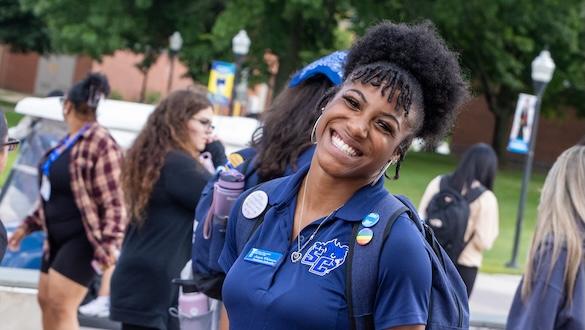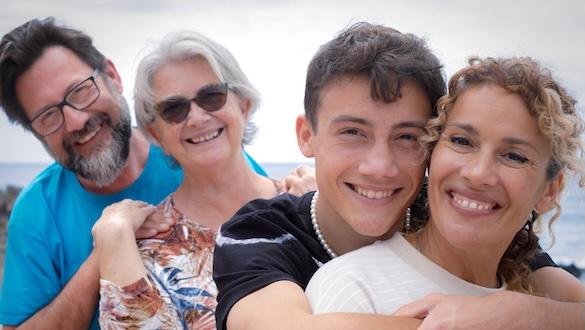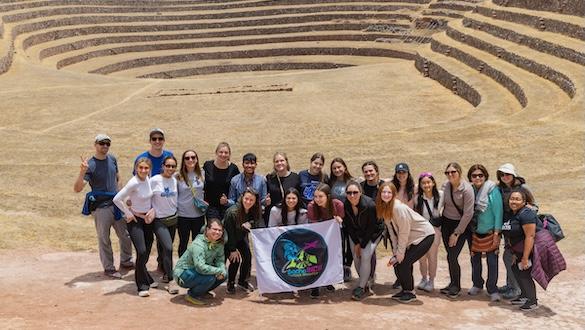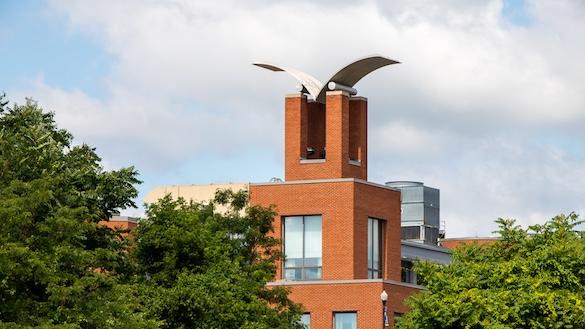At Southern Connecticut State University, we are committed to fostering an environment where students actively engage in meaningful, hands-on, and collaborative learning experiences. Our goal is to ignite a passion for lifelong learning while equipping students to become proactive, impactful members of their communities. Through a wide range of experiential programs, we aim to develop socially responsible, well-rounded individuals who are prepared to navigate and address the challenges of an ever-evolving global landscape.
What is Experience Learning?
At Southern, experiential learning is a cornerstone of career readiness and personal development. At SCSU, Experiential Learning is an educational method centered on direct, hands-on involvement and real-world experiences, allowing students to apply classroom knowledge, skills, and concepts in practical, authentic situations.





